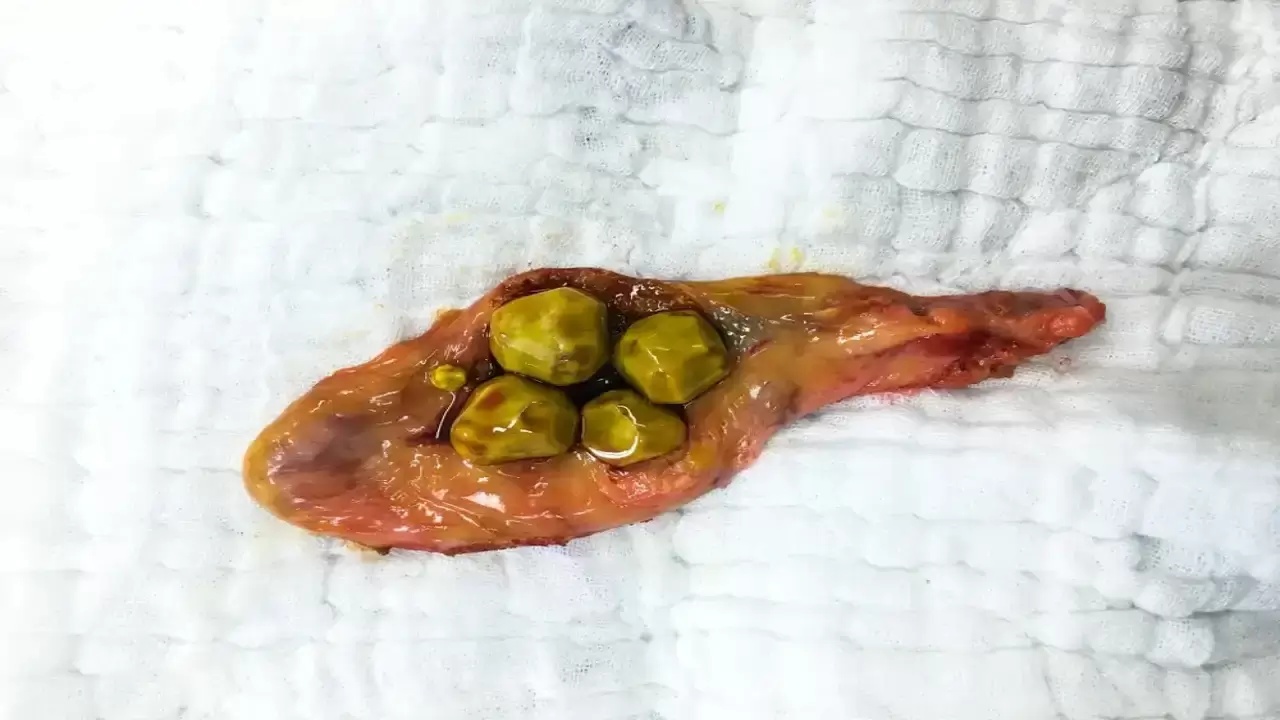
Gallbladder removal surgery is one of the most common minor surgeries, especially in women aged 50 plus. Women have an increased tendency to gallbladder infections, which are due, among other things, to characteristic hormonal changes. (births, fertility treatments, birth control pills, menopause)
Gallbladder removal surgery is considered relatively straightforward. It is usually performed using laparoscopy, and recovery is relatively quick and does not involve serious side effects. At the same time, the body loses a vital tool that regulates the flow of bile fluid to the digestive system, thus weakening the immune system.
- It is essential to emphasize that gallstones are a symptom of an unhealthy diet and lifestyle (mentally and physically), which surgery cannot fix. It means that we killed the messenger but did not understand the message!
- Is it necessary to preserve organs, even those that are not critical and can be lived without? The unequivocal answer is "yes." Surgical removal of gallstones from the gallbladder has gained momentum precisely because the gallbladder is not an unneeded organ. By analogy with other organs, medical practitioners must try to preserve organs.
Liver and gallbladder flushes can naturally remove gallstones from the liver and gallbladder without a surgical procedure. However, this process usually takes several months. It requires a dietary change, including transitioning to a varied natural diet without processed and industrialized food—link: Liver and Gallbladder Flush Instructions, Benefits, and Risks.
Today, removing and emptying the stones from the gallbladder is possible without removing the gallbladder itself. Operation is much preferable, although it requires higher skill in laparoscopy. Don't give up on your gallbladder! It is not superfluous.

